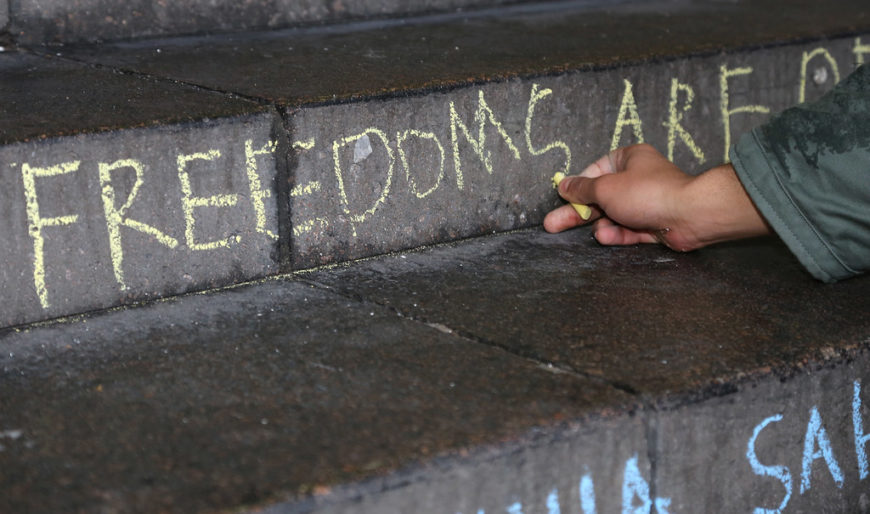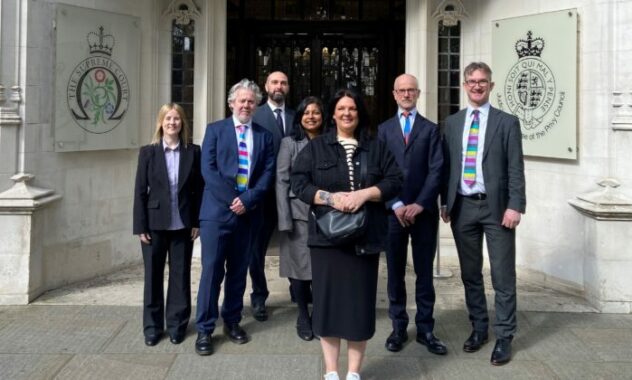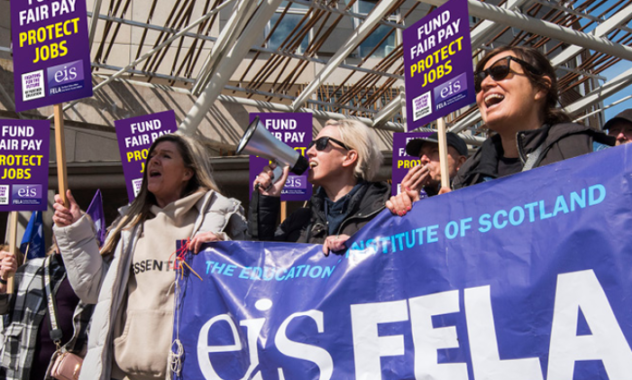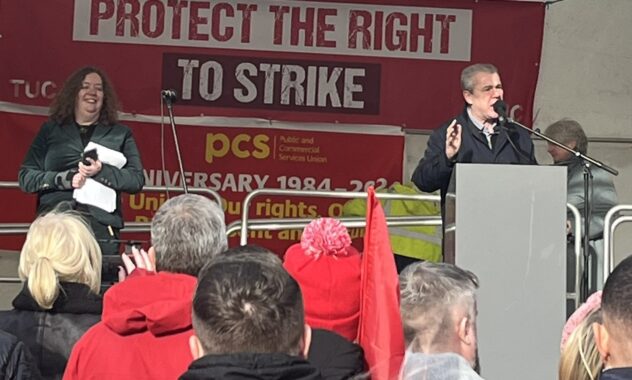UN human rights expert says UK govt policymaking is “troubling”
The Policing Bill, CHIS Act and weakening of judicial review are all of concern to human rights.

The United Nations’ Special Rapporteur on Human Rights and the Environment, David Boyd, has described the actions of Boris Johnson’s administration as “troubling”, with three separate pieces of legislation all taking aim at the right to freedom of assembly and protest.
In this year’s Queen’s Speech, the government confirmed that it would plough on with its Policing, Crime, Sentencing and Courts Bill despite widespread criticism of its authoritarian leanings. The Bill intends to impose severe penalties. including jailtime, on peaceful protestors for such acts as making too much noise or getting too close to Parliament.
The government also announced that it would weaken the right to hold the government to account through the judicial review process, while it has also just passed the Covert Human Intelligence Sources (Criminal Conduct) Act 2021 (commonly known as CHIS), which extends the power of secret agents to break the law when undercover, including where the justification for lawbreaking is risk to the UK’s economic wellbeing.
All three government policies put human rights at risk, Boyd said, with violations more likely to occur and more likely to go unpunished. This is especially concerning at a time when environmental activism has growing public support.
“These three pieces of legislation are shrinking civic space at a time when the global environment crisis demands that people’s voices be heard,” he said.
“One of the fundamental rights in jeopardy is access to justice and the changes to judicial review are a threat to that basic right,” Boyd added.
The expert stressed that “the Universal Declaration of Human Rights is 75 years old and it’s troubling when a country as wealthy and poweful as the UK is not moving in [the right] direction”.
“Protest is not the first that that people do,” he added. ” – taking part is a desperate act in a desperate time when we face desperate environmental challenges”.







